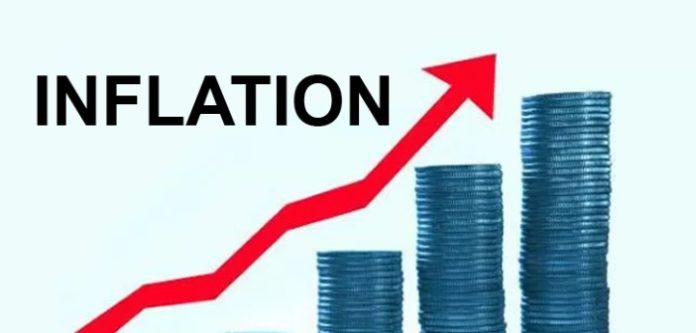The Bank of Ghana has effectively been forced to halt further monetary easing for now as the latest consumer price inflation data from the Ghana Statistical Service, released on Wednesday last week, has revealed that Ghana’s inflation rate rose more than forecast in July after food, transport and housing prices surged.
This confirms suspicions already making the rounds before the latest inflation data was released that Ghana’s economy is showing signs over possibly overheating due to the underlying nature of the accelerated economic growth the country has been enjoying since emerging from its first recession in nearly four decades, last year.
At its most recent regular Monetary Policy Committee meeting, held late last month, the central bank opted for caution, in retaining its benchmark Monetary Policy Rate at 13.5 percent for another two months, having lowered it by 100 basis points in May. The new inflation figures justify its stance and indeed will persuade the MPC not to engage in any further monetary easing for now.
Consumer inflation quickened to 9 percent from 7.8 percent in June, Government Statistician Samuel Kobina Annim revealed at a press briefing last Wednesday in Accra, Prices climbed 1.6 percent during the month.
Food-price growth, that propelled inflation above 10 percent for most of last year accelerated to 9.5 percent, compared with 7.3 percent in June. Non-food prices rose 8.6 percent, after climbing 8.2 percent in the prior month.
Despite the acceleration, inflation has remained below the 10 percent upper ceiling of the central bank’s target range – of between 6 percent and 10 percent – since April, but this is the closes it has come to the ceiling of that target band since then. Besides, the increase, being higher than expected confirms that Ghana’s output gap, which widened considerably last year because of the dampening impacts of COVID 19 on economic activity has now been bridged. Indeed the first Deputy Governor of the Bank of Ghana, Dr Maxwell Opoku Afari confirmed this to Goldstreet Business last Wednesday, just before the July inflation data was announced.
This means that the BoG can no longer engage in significant monetary easing without stoking inflation as it had been able to do since March last year when the arrival of COVID 19 forced government into severe socio-economic restrictions. Last year the central bank responded to the arrival of the coronavirus pandemic by loosening restrictions on lending, lowering the effective minimum capital requirements and working with government to significantly lower interest rates, despite rising inflation at the time. This was done in the secure knowledge that the slump in economic activity imposed by socio-economic restrictions imposed to curb the spread of infections would prevent monetary easing from fuelling macroeconomic instability
Indeed, the accompanying heavy fiscal stimulation by government last year fuelled a sharp acceleration of money supply growth too without inordinate adverse effects on price levels,
But with the output gap now bridged – the BoG’s Composite Index of Economic Activity rose by an unprecedented 33,.1 percent, year on year, in May – all this has begun feeding into inflation and could potentially fuel cedi depreciation as well if not well managed.
An index measuring manufacturing sentiment in Ghana in July signaled a pause in growth in the private sector as inflationary pressures put the brakes on the economic rebound.
On the upside though, the latest surge in inflation is predominantly the result of a surge in food inflation, which can be expected to decelerate shortly with the impending annual food harvest about to increase the supply of food crops. The central bank sees inflation remaining within target for the next 18-24 months, the monetary policy committee said after its meeting last month.
However rising inflation brings a new threat to Ghana’s ongoing economic rebound which recent BoG data suggests reached a crescendo during the second quarter of this year. Prior to the latest price surge the main threat to accelerated economic growth had been identified as the reluctance of banks to lend to the private sector because of the business uncertainties imposed by COVID 19. Rising inflation will provide a further disincentive to bank lending.
On the upside though, lending by non-bank financial intermediation companies – such s rural banks, savings and ;loans companies and microfinance companies remains strong even though the number of lenders left in the market has been decimated by the recent financial sector reforms. Furthermore, government is being pro-active in introducing initiatives and policy measures aimed at increasing the private sector’s access to credit-enhancing programmes such as venture capital and both the Ghana Commodities Exchange and GIRSAL which both provide credit guarantees for lending to agriculture. The impending Development Bank Ghana will have a significant impact on access to credit by small and medium sized enterprises as well.




